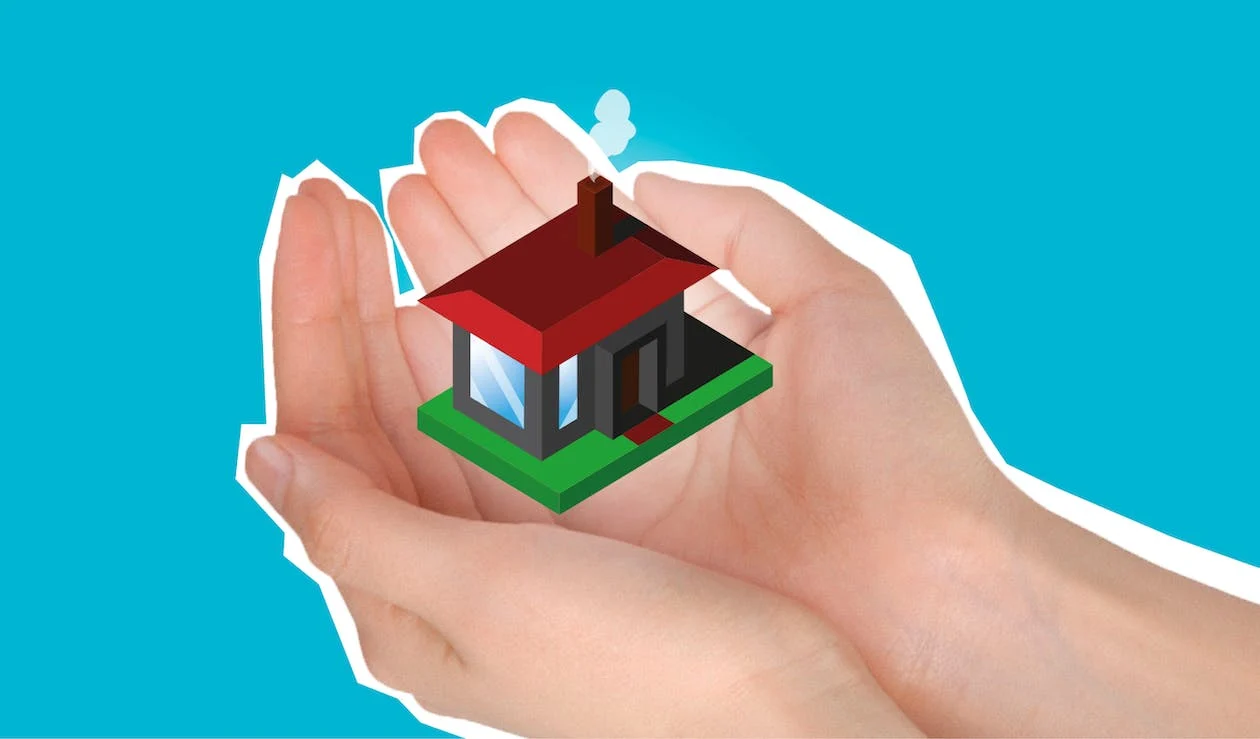There are several reasons why a Florida home can be foreclosed upon. Here are some common scenarios that may lead to foreclosure:
- Failure to make mortgage payments: The most common reason for foreclosure is the homeowner’s inability to make their mortgage payments on time. If a homeowner consistently falls behind on their payments and fails to work out an alternative arrangement with the lender, foreclosure proceedings may begin.
- Defaulting on loan terms: Defaulting on the terms of the mortgage agreement can also lead to foreclosure. This could include failing to maintain property insurance, paying property taxes, or breaching other contractual obligations outlined in the loan agreement.
- Adjustable-rate mortgage adjustment: If a homeowner has an adjustable-rate mortgage (ARM) and experiences a significant increase in interest rates, it can make the mortgage payments unaffordable. If the homeowner is unable to refinance or modify the loan, foreclosure may occur.
- Job loss or financial hardship: Sudden unemployment, reduced income, medical emergencies, or other financial hardships can make it challenging for homeowners to meet their mortgage obligations. If these difficulties persist and the homeowner cannot find a solution with the lender, foreclosure may be initiated.
- Divorce or death: Life events such as divorce or the death of a homeowner may lead to financial instability and difficulties in maintaining mortgage payments. These circumstances can sometimes result in foreclosure if the necessary financial arrangements cannot be made.
- Homeowner’s association (HOA) dues: In some cases, failing to pay HOA dues or violating HOA rules repeatedly can lead to foreclosure. Florida law grants HOAs the power to place a lien on a property for unpaid dues, and if unresolved, foreclosure can occur.
- Second mortgages or liens: If a homeowner has multiple mortgages or liens on the property and falls behind on payments, the lenders or lien holders can initiate foreclosure proceedings.
It’s important to note that foreclosure laws and processes can vary, and homeowners should consult with legal professionals or housing counselors for guidance specific to their situation.
The Benefits of Foreclosed Home Investing
1. The Cost
It is cheaper to buy a home in foreclosure than it is to buy one that is not. If you are a first-time buyer, this could be a great way for you to get your feet wet in the real estate investing world. Investing in foreclosed homes will also allow for a low down payment so that you can get into the market with less cash upfront. If you are already in the buying game and looking to invest, then foreclosed homes could be the perfect asset class for your portfolio.
2. Fast Sales
The turnover time for foreclosed homes is much faster than it is for homes that are not in foreclosure. Many people want to sell quickly, and paying a foreclosure fee and a mortgage broker’s commission can be avoided if you find a deal that has already been foreclosed on and is available in your price range.
3. Clean Titles
The foreclosure process is designed to make sure that the foreclosed property is not going to fall into the wrong hands. This means that whoever buys it will have a clean title, and you will be able to put the financing in place quickly. A clean title also makes it easier for you to get a loan if you need one for renovations. Often, banks and other traditional lenders will not finance a home with an unknown title.
4. Less Competition
You may be able to get a better deal on a foreclosed home because there will not be as much competition from other buyers. Many investors will shy away from foreclosures because they take more work or they are unsure about the process. You will likely get to talk directly with the homeowner when you come across a foreclosure, and you can tell them that you’ll buy their home with cash if they don’t want to wait it out through the foreclosure process.
5. Growth
Investing in foreclosed homes can be a great way to build up your portfolio. These properties are typically priced significantly lower, but they make for great rental properties and can earn you a positive cash flow. Once the home is rented, you get a regular payment every month that helps you build wealth faster.
6. No Property Taxes
Foreclosures are usually financed by the bank, not the homeowner, so no property taxes get paid during the foreclosure process. This means that you can buy a foreclosed property for less than it would cost to build something similar in a traditional setting and still be able to pay off your loan over time without paying property taxes.
The Drawbacks of Foreclosed Homes
Repairs and Cleanup
Be prepared to spend time and money on any foreclosed home you buy. These homes are often in need of some major repairs, and you may have to fix them yourself or hire someone to do it for you. For instance, many people think only about the costly structural repairs that they will have to make but consider that there are also smaller cosmetic issues that may be a lot more difficult for you.
Laws and Processes
Foreclosure laws vary by state, so always be sure to look up the foreclosure laws in your area before you start looking at homes. Generally, though, states have an established process for foreclosures that can make it challenging to buy a home quickly. The first step in foreclosure is for a lender to send a notice of default and wait the allotted time for the homeowner to make the necessary repairs or pay off the mortgage.
In Conclusion
Investing in foreclosed homes can be a great way to build up your portfolio. These properties are typically priced significantly lower, but they make for great rental properties and can earn you a positive cash flow. Once the home is rented, you get a regular payment every month that helps you build wealth faster. For more information on foreclosed homes or about buying a home in foreclosure, contact a real estate agent in your area. You can also get involved with the National Foreclosure Network, a group dedicated to helping homeowners stay in their homes through the foreclosure process.
















